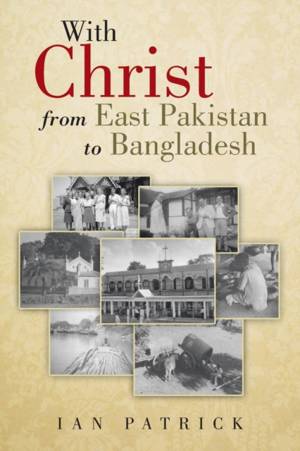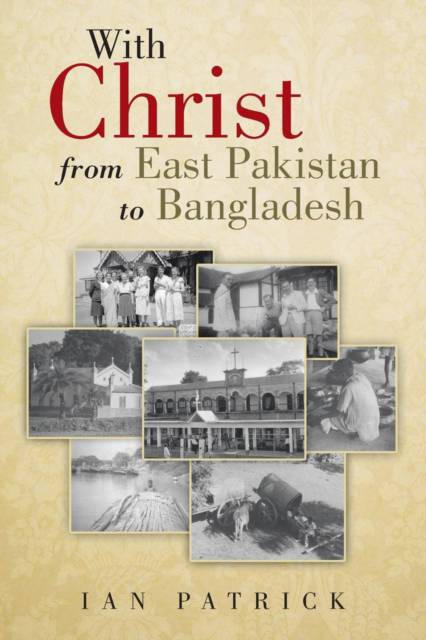
- Retrait gratuit dans votre magasin Club
- 7.000.000 titres dans notre catalogue
- Payer en toute sécurité
- Toujours un magasin près de chez vous
- Retrait gratuit dans votre magasin Club
- 7.000.0000 titres dans notre catalogue
- Payer en toute sécurité
- Toujours un magasin près de chez vous
21,95 €
+ 43 points
Format
Description
Ian Thomas Patrick was born on May 3, 1924, in Dennistoun, Glasgow. His father was a senior member of staff in the Glasgow Corporation Rates Department. Before his parents were married, his mother also worked there. When Ian was four, the family bought a semidetached house in Kelvindale, a new estate in the west end of Glasgow. He and his younger sister attended Hillhead High School until war broke out in 1939, when they both became evacuees. Ian was resident in the hostel attached to Dumfries Academy. He spent two happy years there obtaining his Higher Leaving Certificate in 1941. He spent his sixth year back in Hillhead, then entered Glasgow University Medical School, graduating in 1948. His parents were churchgoers; Ian became a Sunday school teacher in his local church, Westbourne Church of Scotland. His call to the mission field developed over his student years. Two of his close undergraduate friends had grown up as children of medical missionaries, one in China and the other in Africa. He read several books about missionary lives. During his final year as an undergraduate, he volunteered to the Church of Scotland. He had felt attracted to China, but the communists were spreading throughout the country, and Christian missions were sending home overseas staff. India seemed more possible. However, the only vacancy was in the Punjab. Partition occurred in 1947, so a more experienced candidate was needed. However, the Church of Scotland referred him to the Presbyterian Church of England. After graduation, Dr. Patrick's first job was to spend six months as house surgeon in Dumfries and Galloway Royal Infirmary. He applied during this time and was interviewed and accepted to serve in Rajshahi, the third-largest city in the new state of East Pakistan. He was making plans for further posts to gain experience, but the mission board instead arranged for him to spend his first year training in the Welsh Mission Hospital in Shillong, the capital of the hill state of Assam in India, under a very experienced missionary, Arthur Hughes. After the first year, which included a three-month Bengali language study course in Darjeeling, he began work in September 1949 in Rajshahi, supervising the conversion of a former student hostel into a hospital.
Spécifications
Parties prenantes
- Auteur(s) :
- Editeur:
Contenu
- Nombre de pages :
- 110
- Langue:
- Anglais
Caractéristiques
- EAN:
- 9781481785358
- Date de parution :
- 15-03-13
- Format:
- Livre broché
- Format numérique:
- Trade paperback (VS)
- Dimensions :
- 152 mm x 229 mm
- Poids :
- 172 g

Les avis
Nous publions uniquement les avis qui respectent les conditions requises. Consultez nos conditions pour les avis.






